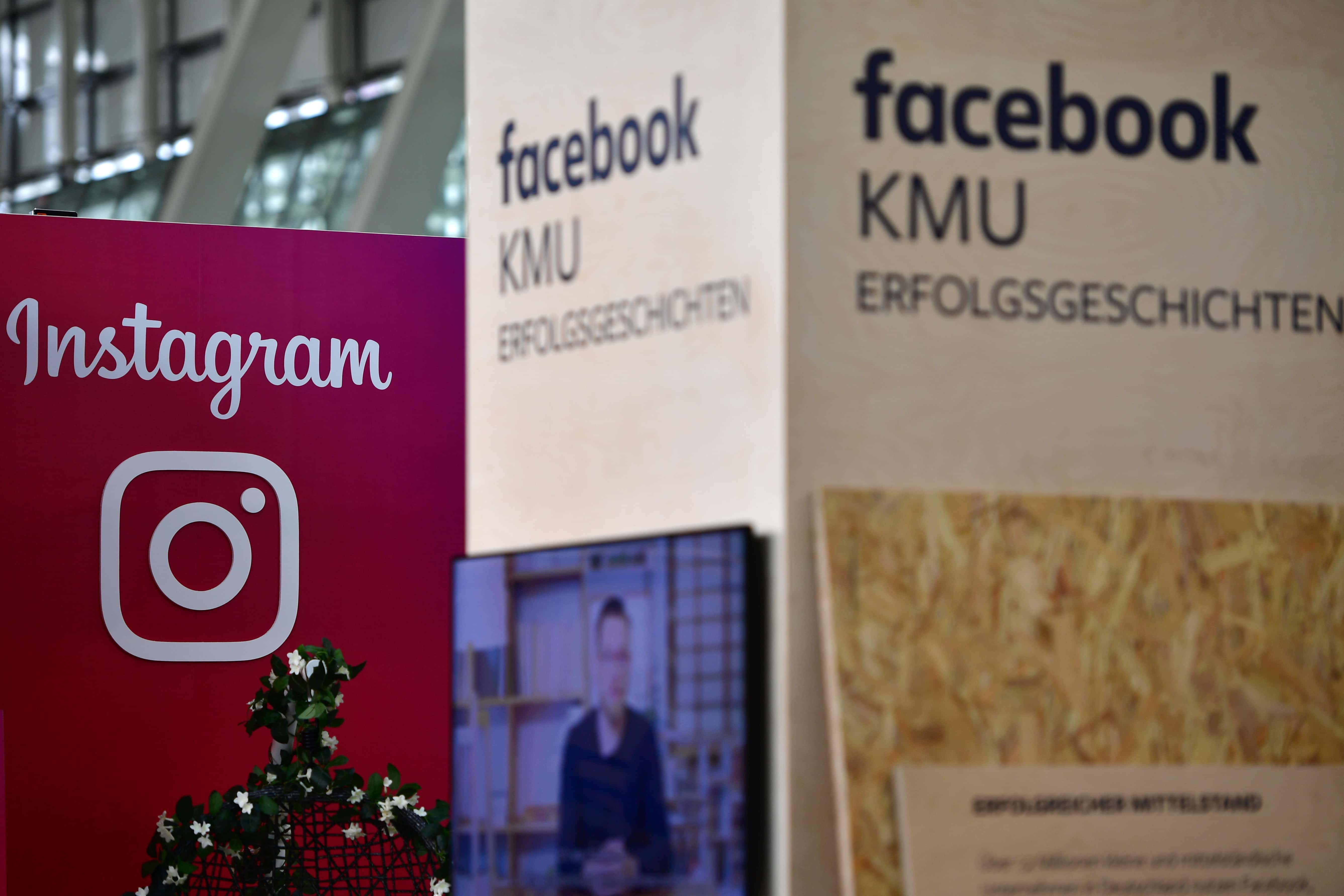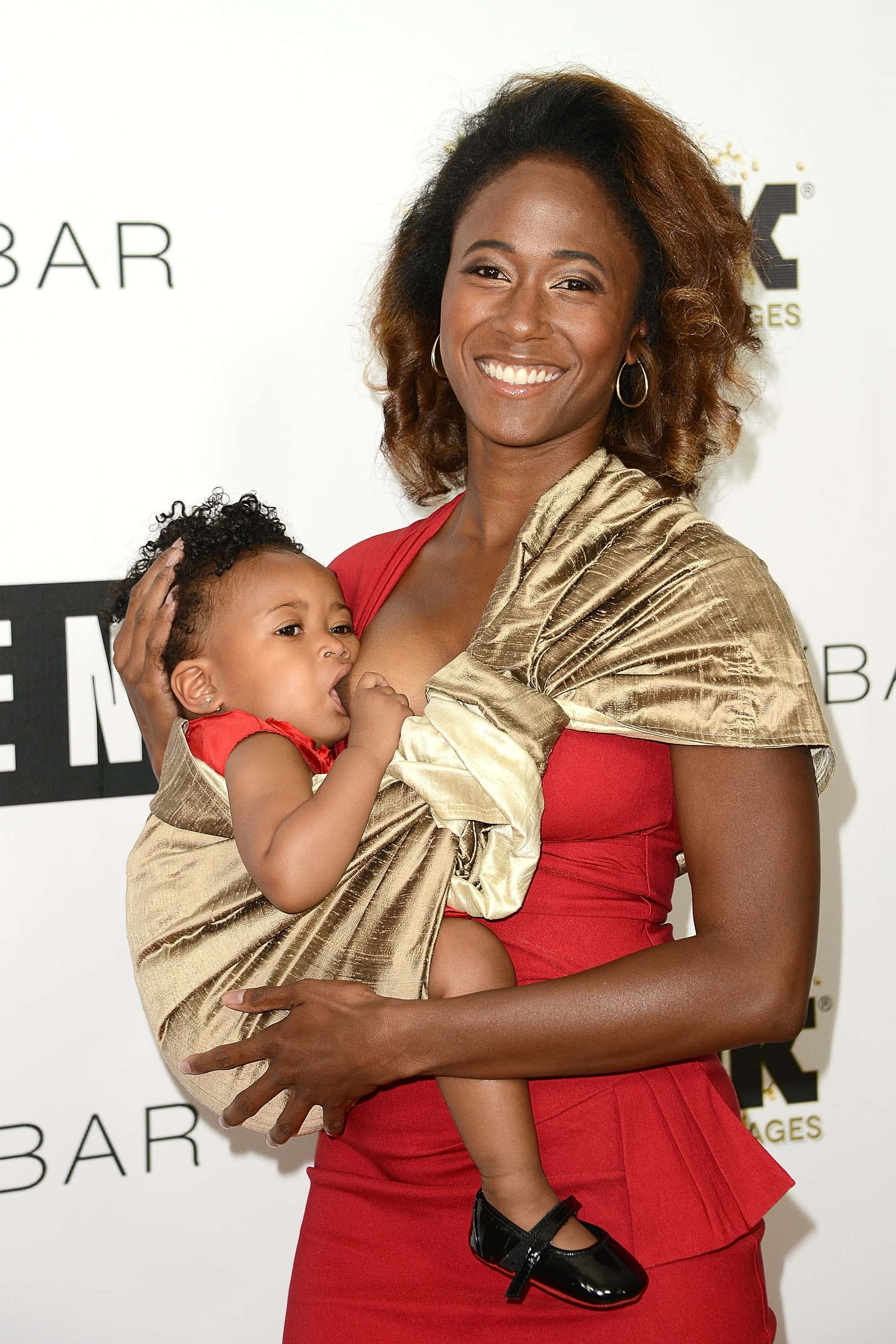Facebook exposes some female nipples on Instagram, agrees that company's rules censor women’s breasts too much

In a landmark decision, Facebook's Oversight Board has said that Instagram should not have removed a Brazilian woman's Instagram post showing her uncovered breast. The woman had done so as part of an international campaign to raise awareness for breast cancer.
As one of the 'Big Tech' firms, the social media company has repeatedly faced criticism for censorship as well as for not removing false information or misleading advertisements. The social media company's Oversight Board was set up in October 2020 to deal with cases dealing with content moderation disputes between the firm and its users, now known as Facebook's "Supreme Court".
Artists and celebrities alike in 'free the nipple' campaigns have said platforms like Facebook and Instagram censor female nipples but not male nipples. This includes female nipples in non-sexual contexts, though Instagram did start allowing photos and videos of breastfeeding in 2014 after pressure from activists.
Rihanna, Miley Cyrus, and Chrissy Teigen have all tested Instagram censors individually by exposing their nipples in posts that were swiftly taken down. Artists, especially artists who work with nude models, have also persistently pressured Instagram to loosen its restrictions because the image-sharing app allows artists to share their work with buying customers directly, cutting out middlemen and galleries.
The case before the Facebook's Oversight Board was an appeal by a user in Brazil who had posted a picture on Instagram with a title in Portuguese, indicating that it was to raise awareness about the signs of breast cancer. Eight photographs within the picture showed breast cancer symptoms with corresponding explanations of the symptoms underneath. Five of the photographs included visible and uncovered female nipples.
The remaining three photographs included female breasts, with the nipples either out of shot or covered by a hand. Facebook removed the post for violating its policy on adult nudity and sexual activity. The post has a pink background, and the user indicated in a statement to the Oversight Board that it was shared as part of the national "Pink October" campaign for the prevention of breast cancer.
According to the key findings of the board, the board accepted that there was an "incorrect removal" of the Brazilian woman's breast cancer post because it "indicates the lack of proper human oversight which raises human rights concerns... As Facebook’s rules treat male and female nipples differently, using inaccurate automation to enforce these rules disproportionately affects women’s freedom of expression. Enforcement which relies solely on automation without adequate human oversight also interferes with freedom of expression."
This means that while Facebook will allow certain images of the female nipple to be shown on its platforms on appeal, it will all depend on the context. It is still unclear with this one ruling how Facebook will treat nude artistic work.

According to the post on its website, the board has received more than 150,000 appeals since it started accepting cases in October 2020. While it is impossible for the board to hear every case, they are "prioritizing cases that have the potential to affect lots of users around the world, are of critical importance to public discourse or raise important questions about Facebook’s policies". Each case is assigned to a five-Member panel, which "included at least one Member from the region implicated in the content and a mix of gender representation".
The board's final decision rests on whether the content violated Facebook’s Community Standards and values, international human rights standards, including on freedom of expression and other human rights and nuanced factors like language, user’s intent, and the context in which the content was posted.











